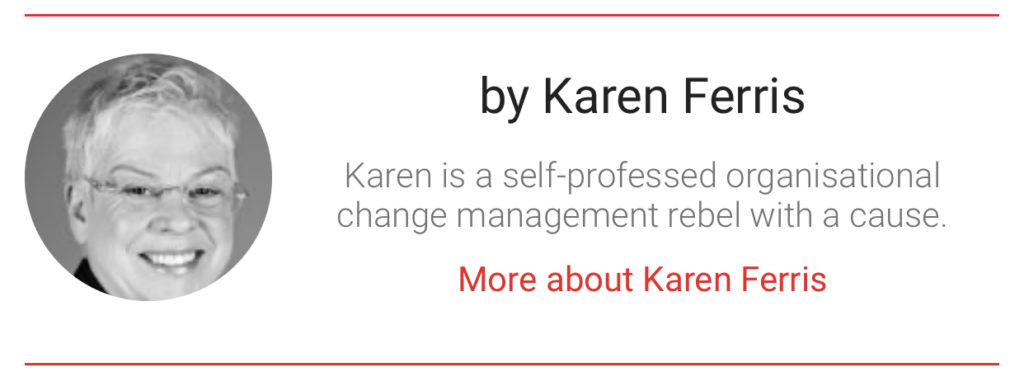In this series, I am introducing you to the twenty superpowers that leaders need to possess to create an environment for resilience. This is an environment in which individuals and teams are resilient in the face of constant change.
Individual resilience is critical when the world around us is volatile, uncertain, complex and ambiguous. Resilience means we can adapt to difficult situations and not just survive but thrive. Unless we do, the stress will overwhelm us, and we will suffer physically and mentally.
Each week we will explore one of those twenty superpowers.
Superpower – The Accountant
Good leadership requires real accountability.
The Accountant is accountable, which means they take personal accountability for the choices they make and for their behaviours and actions.
The Accountant does not point the finger at others when things don’t go to plan. They take ownership and act accordingly.
In a nutshell, the Accountant says, “the buck stops here.”
Leaders with accountability assume ownership for the performance of their team. They are the captain at the helm and the only one who can be held accountable for the ship.
Accountable leaders seek opportunities for the organisation to succeed and they champion those opportunities. They will question decisions that don’t seem to be the best for organisational success.
When leaders demonstrate accountability, they are also role modeling resilience.
Accountability means commitment, which is doing whatever it takes to get something done. It also means having staying power—this is resilience. It is about striving to reach the end-zone.
When leaders are accountable, they create trust within the team as they show commitment to delivering on their promises.
Leaders also need to build accountability within their teams. Each individual needs to be held accountable for their actions, so that the entire team can achieve its desired outcomes.
There will be circumstances, as a leader, when you want an individual to be accountable for outcomes such as in a crisis when you want them to take the lead. There will be other circumstances in which you want the team to be accountable such as needing collaboration for innovation.
Leadership accountability
Accountable leaders do the following four things.
- They are honest. Accountable leaders are prepared to admit their own mistakes and say, “I stuffed up.” They are honest about their strengths and weaknesses and work on personal improvement. They are authentic and prepared to show their vulnerability as they recognize that this is not a sign of weakness but a sign of courage.
- They seek input. Accountable leaders don’t think they need all the answers. In fact, they know they don’t, so they seek input from team members, peers and colleagues. They are prepared to ask for help in overcoming a problem or seizing an opportunity.
- They apologize. Accountable leaders readily say “I am sorry” when something for which they were accountable has gone wrong. They are prepared to make things right and commit to the actions needed. They don’t focus on the mistake, they focus on successful outcomes.
- They are decisive. Accountable leaders do not procrastinate in fear of making a wrong decision. They are decisive and will stand by their decisions regardless of outcome.
Team accountability
Leaders can build accountability into their teams by doing the following.
- They trust. You have to trust your team to do the right thing. If you micromanage, you are saying “I don’t trust you.”
- They provide clarity. Make sure everyone is absolutely clear about your expectations.
- They communicate. Keep the team focused and accountable through regular communication and feedback. Find out what additional support the team may need or obstacles that you can remove. Don’t set the team up for failure.
- They collaborate. Team members need to work together and they should hold each other accountable. There needs to be a regular team catch-up to check that everyone has done what they said they were going to do, and if not, what obstacles were in their way that can be removed.
- They provide visibility. Make all progress visible. If things are not going to plan, don’t immediately lay blame, instead, be curious. What happened? What could we have done differently? Give equal focus to the things that have gone well and the things that haven’t. We often focus on the latter alone.
Actions
* Lead by example and hold yourself accountable.
* Discuss what accountable means.
* Set clear expectations.
* Trust and get out of the way.
* Provide regular feedback. Discuss the things that went well and those that didn’t without blame being assigned.
* Get the team to keep track of everyone’s commitments and to hold each other accountable.
Article by channel:
Everything you need to know about Digital Transformation
The best articles, news and events direct to your inbox
Read more articles tagged: Featured, Leadership











